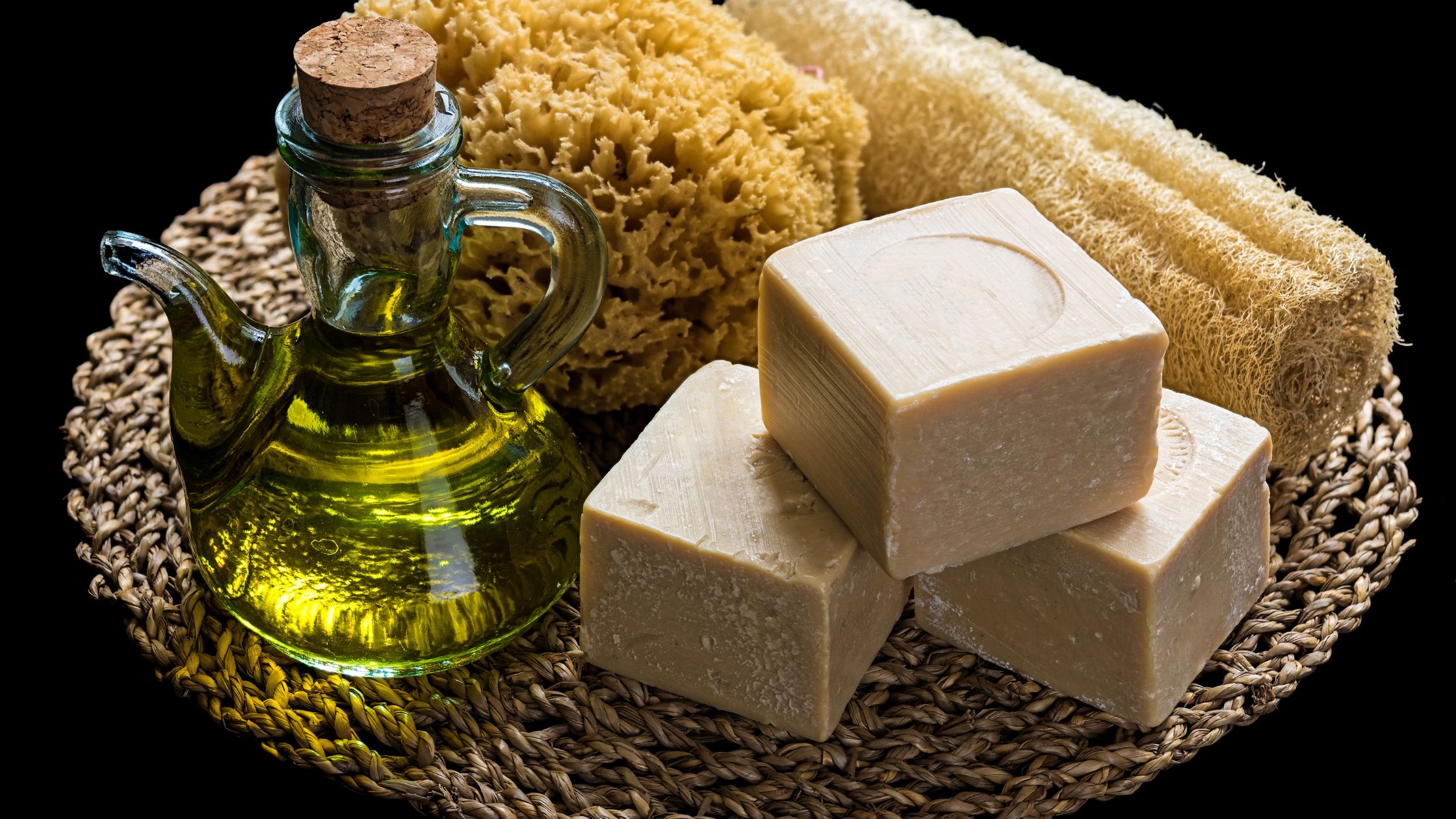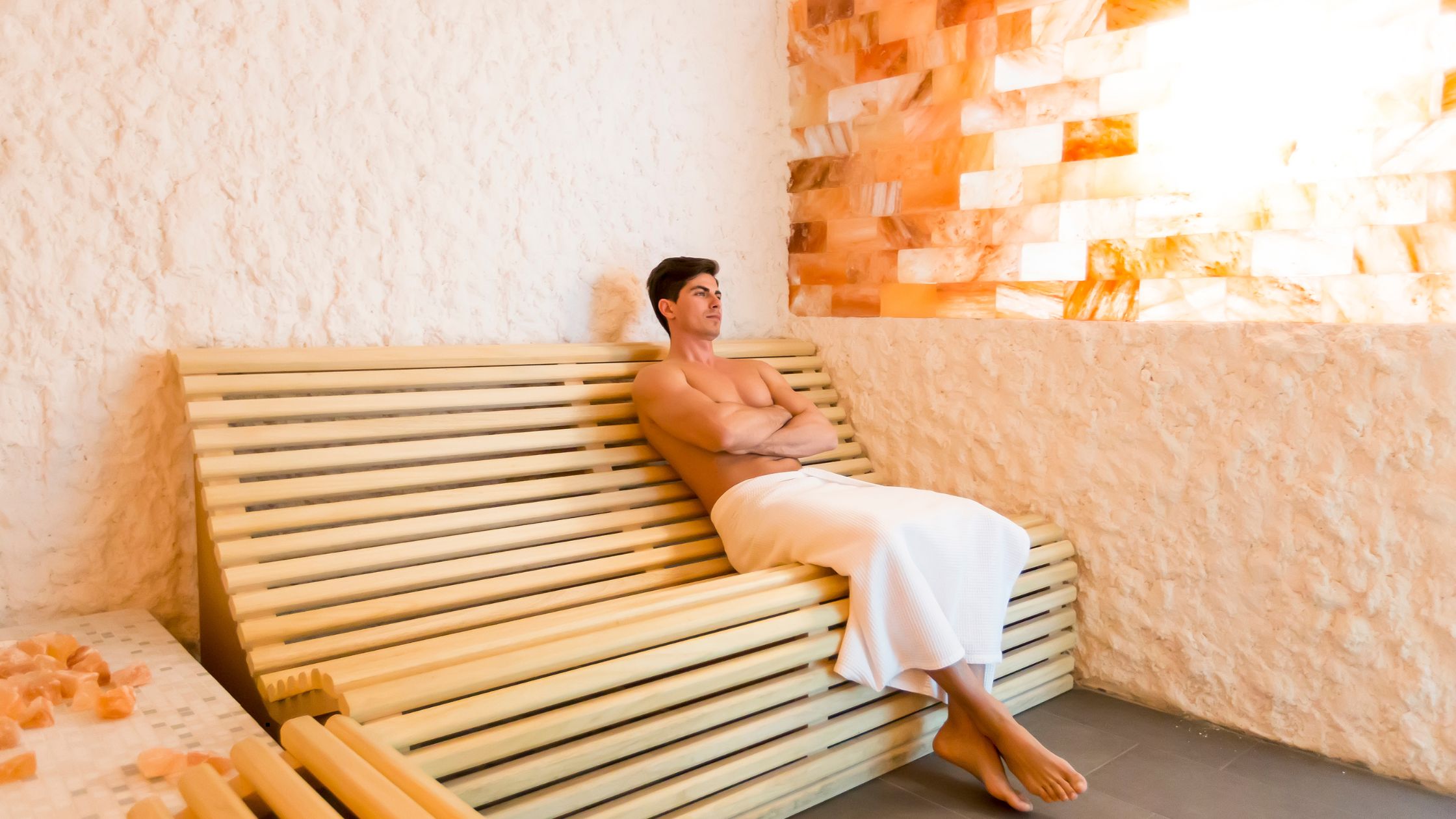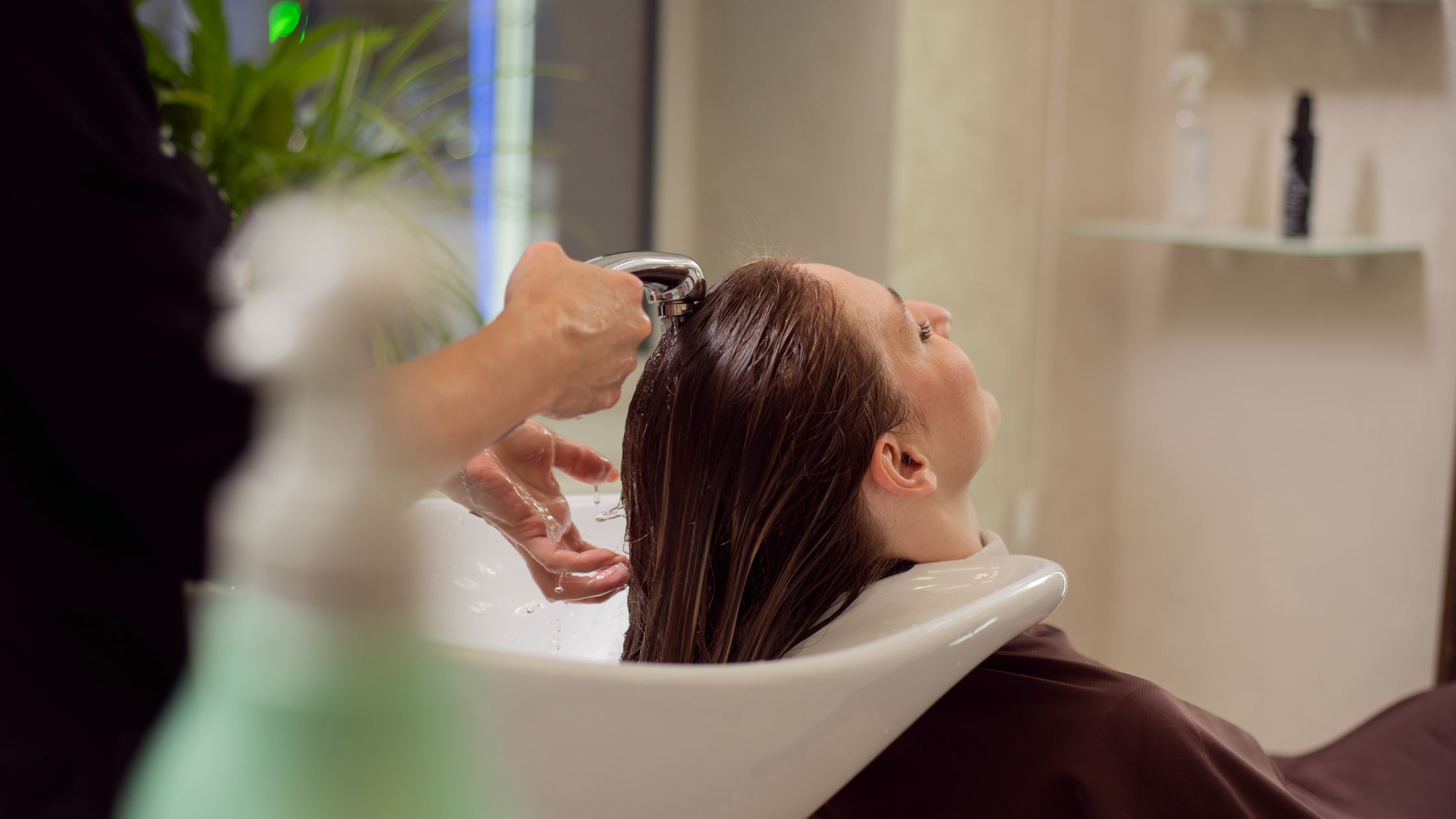Walking into a hammam isn’t like walking into any regular spa. The heat, the marble, the rhythm of cleansing – it’s ancient, raw, and powerful. But there’s a choice to make that can shape the entire experience: Olive oil vs. laurel oil soap in a hammam. It’s not just a matter of scent or tradition. It’s your skin, and it reacts in its own stubborn way.
So how do you pick between the two? Let’s break this down with facts.
Olive Oil Soap: The Skin-Loving Classic
Olive oil soap has been around forever. Literally. It’s made from cold-pressed olives, water, and lye. That’s it. What makes it a hammam essential is its simplicity. No weird additives, no fake smells. Just real stuff.
If you have dry or sensitive skin, olive oil soap tends to be a safe zone. It doesn’t foam like synthetic soaps, but it does leave your skin feeling calm. You walk out of the hammam not squeaky, but soft. That’s a huge win if your skin tends to freak out with the slightest irritation.
Who Should Use Olive Oil Soap?
- Dry skin: It doesn’t strip your skin. It hydrates instead.
- Sensitive skin: It’s mild. No drama.
- Aging skin: Less harsh = fewer fine lines screaming back at you.
If your face or body flakes in the winter or tightens up post-shower, this soap is likely your best bet. And the smell?
Very subtle. Some call it boring. Others call it clean.
Laurel Oil Soap: The Herbal Powerhouse
Now let’s talk about laurel oil soap, often found labeled as “Aleppo soap.” It’s made using olive oil as a base, but laurel berry oil gets added to the mix. That oil changes everything. Suddenly, your soap has antiseptic, antifungal, and antibacterial properties.
Sounds intense? It is – but in a good way.
Olive oil vs. laurel oil soap in a hammam becomes a real toss-up when your skin is misbehaving. Breakouts, inflammation, eczema flare-ups – laurel oil soap goes to work. And it smells different. Stronger. Some call it earthy. Others call it medicine-like.
Who Should Use Laurel Oil Soap?
- Oily or acne-prone skin: It fights bacteria. Simple as that.
- Combination skin: Balances the oily and dry zones.
- Skin conditions like eczema, psoriasis, or fungal infections: Laurel oil brings relief.
Just note: high-percentage laurel oil soap (like 40%+) can be drying. If your skin’s on the fence, aim for 10–20% laurel content. That middle ground often works without side effects.
Texture, Foam, and Feel: What to Expect
Let’s get honest. No one goes into a hammam just to stand there. You scrub. You rinse. You foam up. Texture matters.
- Olive oil soap: Creamy. Low-lather. Feels like a thick, nourishing balm.
- Laurel oil soap: Firmer. Less creamy. More foam, especially when used with a traditional kese mitt.
In practice, Olive oil vs. laurel oil soap in a hammam also becomes about what kind of clean you want. Olive oil gives a soft, post-massage kind of cleanse. Laurel oil gives you that refreshed, decongested skin feeling. After a long city week, laurel might feel more satisfying. But during colder months, olive oil takes the lead.
Ingredient Check: What’s Actually Inside?
Not all hammam soaps are created equal. Check the label. You want real, honest ingredients, not industrial filler.
- True olive oil soap: Saponified olive oil, water, sodium hydroxide (lye). That’s it.
- True laurel oil soap: Same base, but with laurus nobilis (laurel berry oil). No perfumes, no dyes, no junk.
Beware soaps with “parfum,” “sodium laureth sulfate,” or anything that sounds like a chemistry lab project. These won’t behave the same way on your skin, especially in the hammam’s open pores and hot steam.
Which One Handles Hammam Heat Better?
Some soaps melt. Some dry out. Some harden. The hammam isn’t gentle on the ingredients.
- Olive oil soap: Holds up well. Softens slightly but doesn’t break down.
- Laurel oil soap: The high-quality stuff becomes even silkier in the heat. The foam thickens and the herbal scent intensifies.
In terms of resilience, both soaps work. But laurel oil soap shines in that steam-heavy, scrub-laden space. It thrives in the hammam atmosphere. The warm air activates the laurel oil. You feel it working.
Side-by-Side: Quick Comparison
| Feature | Olive Oil Soap | Laurel Oil Soap |
| Skin Type | Dry, Sensitive, Mature | Oily, Combo, Problematic |
| Lather | Low | Moderate |
| Scent | Subtle, clean | Herbal, strong |
| Texture | Creamy, soft | Firm, foamy |
| Benefits | Hydration, calm, anti-aging | Antibacterial, anti-inflammatory, deep clean |
| Best Use | Daily skin nourishment | Hammam detox sessions |
Now the question – Olive oil vs. laurel oil soap in a hammam, gets less about “which is better” and more about “what’s happening with your skin today?”
What Do Real Hammam Regulars Say?
Ask five people and you’ll hear five stories. Some swear by olive oil soap and will never let laurels touch their skin. Others say laurel oil soap cleared their back acne after one visit. It’s that personal.
In actual hammams, many people start with olive oil soap to prep the skin, then switch to laurel oil for the deep clean. Others do the reverse. It depends on your vibe. Your skin doesn’t have to commit to just one forever.
Want the real answer to Olive oil vs. laurel oil soap in a hammam? Try both, on different days. Rotate them based on how your skin feels. There’s no rulebook here, only what works.
Buying Real Soap: Avoid Tourist Traps
Not every bar sold in a souk or an online shop is authentic. Real Aleppo soap, for example, is often stamped, aged for 6–9 months, and smells strong from the laurel. It shouldn’t smell like synthetic rose or lavender.
The real olive oil soap? Slightly green. Slick to the touch. No perfume needed. Often comes wrapped in paper, not plastic.
If a soap smells like a cupcake, it probably won’t hold up in a hammam.
Final Verdict: What’s Best for You?
There’s no universal winner. It’s all about you.
- Got dry skin and hate that tight post-shower feel? Olive oil soap is your go-to.
- Need to clear up congestion, breakouts, or balance your face and body? Laurel oil soap delivers.
So, when it comes to Olive oil vs. laurel oil soap in a hammam, think in terms of use-case, not loyalty. Your skin doesn’t care about tradition. It cares about how it feels after that last rinse.
Try It for Yourself at The Old Hammam in Edmonton, London
Ready to feel it in real time? There’s a reason The Old Hammam & Spa in Edmonton, London keeps its regulars coming back again and again. This is the real deal – authentic, steam-filled, and unapologetically traditional.
We offer both olive oil and laurel oil soaps, used by skilled attendants who know how to work your skin the right way. You don’t need to guess. Just show up, talk to our staff, let them size up your skin, and experience the transformation.
Book your visit to The Old Hammam & Spa now and give your skin exactly what it’s asking for. It’s not a trend. It’s a reset.






